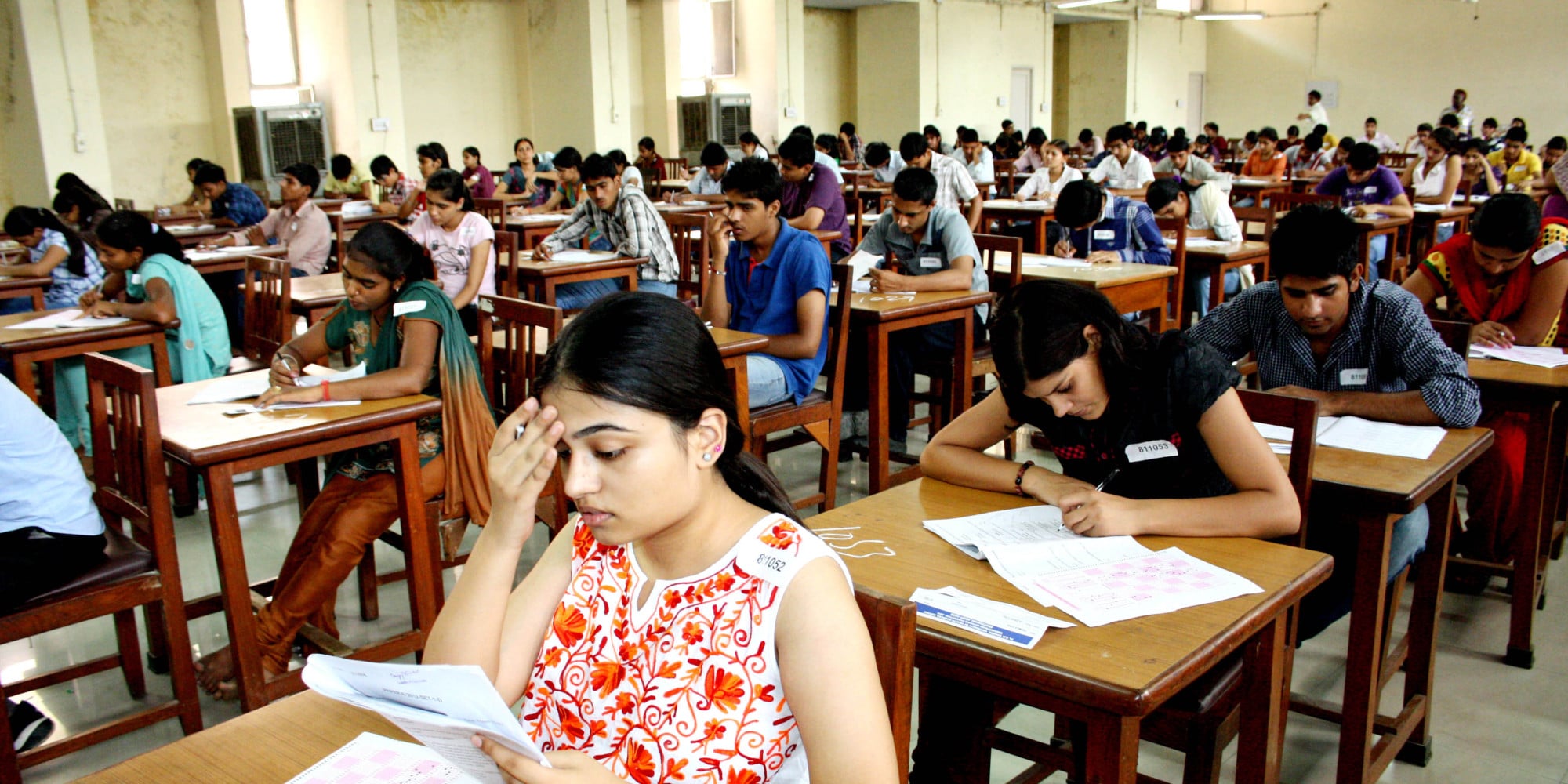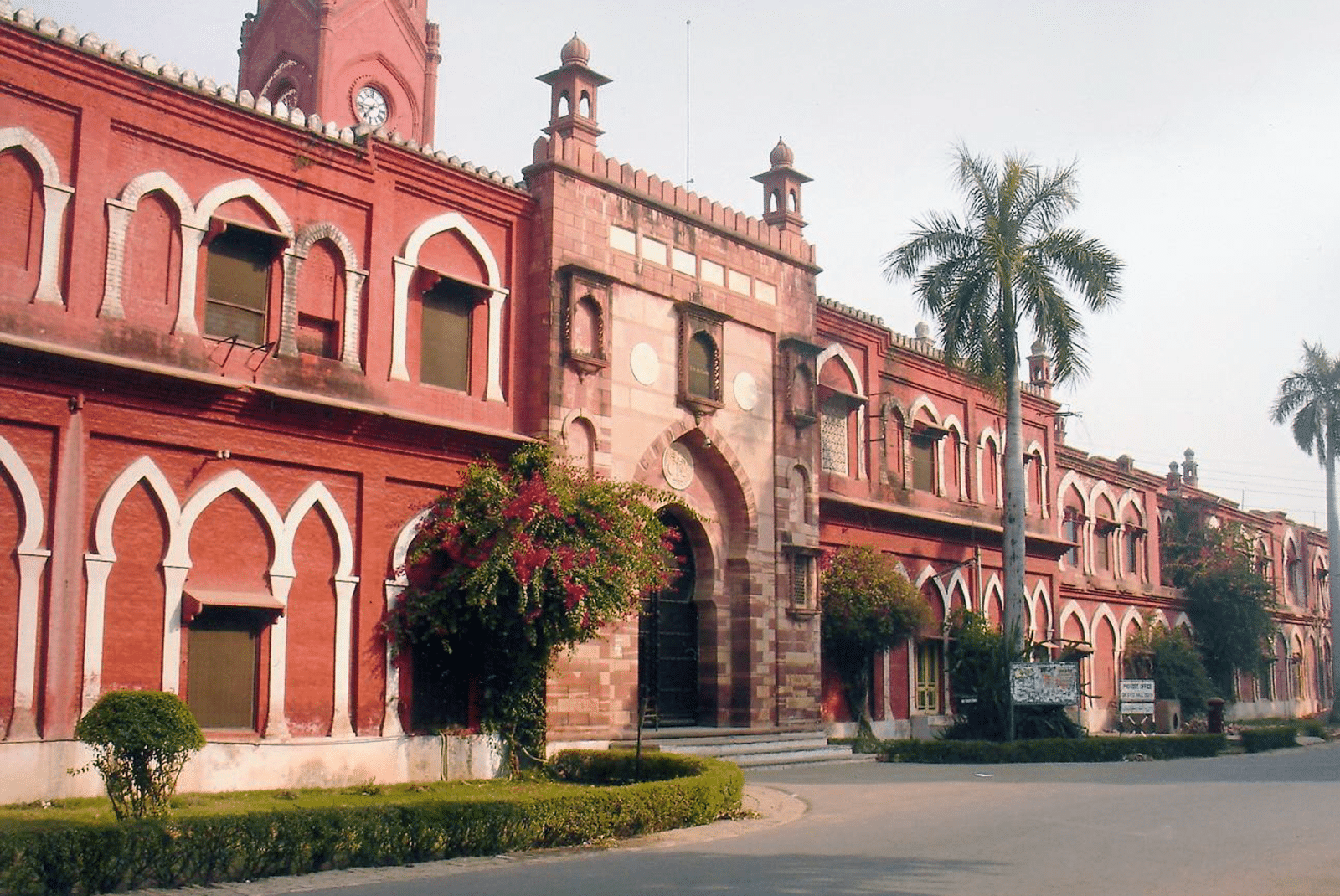With 66 fake colleges and seven fake universities, Delhi seems to be fast emerging as the capital of dubious colleges away from its recognition as a cosmopolitan city, especially after some reports have indicated the national capital city has highest number of such cases for any state in India.
The list of fake educational institutes includes colleges/universities offering engineering and other technical courses without the regulator’s permission. There are 279 such technical institutes in the country.
The educational institutes included in fake list don’t have the authority to grant degrees. Education certificates issued by such colleges are nothing but a piece of paper.
In its annual review, the UGC and All India Council for Technical Education (AICTE) last month put out a list of such fake institutes on their websites. The two regulators have also warned students ahead of the new academic session to avoid taking admissions in these institutions.
“We send the list of unapproved and unregulated technical institutions to concerned state authorities for taking appropriate action against such institutions,” an official said.
Telangana, Uttar Pradesh, West Bengal, Maharasthra also have a sizable number of fake technical institutes. AICTE, the technical education regulator, has also issued notices to these schools for not taking its approval.
“Public notices are also published in newspapers cautioning the students not to take admission in such unapproved institutions,” the official said.
Minister of State for Human Resource Development Mahendra Nath Pandey in his reply in the Rajya Sabha has said, the ministry had written to state governments to investigate the matter and register police complaints against fake universities.
States have also been asked to initiate proceedings against those involved in defrauding and cheating students “by misrepresenting themselves as ‘universities’ awarding degrees with their name”, Pandey told the Rajya Sabha.
The details of fake universities and fake technical institutes are available on the websites of UGC and AICTE.






























